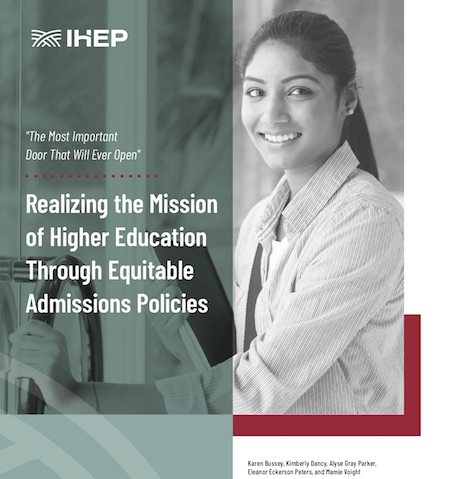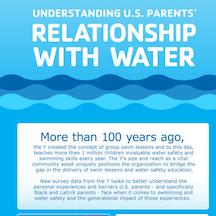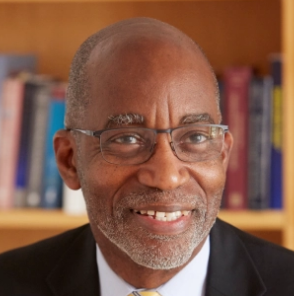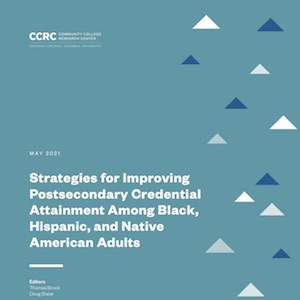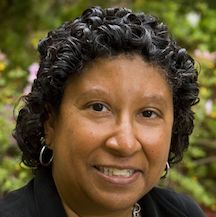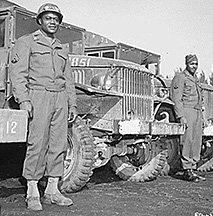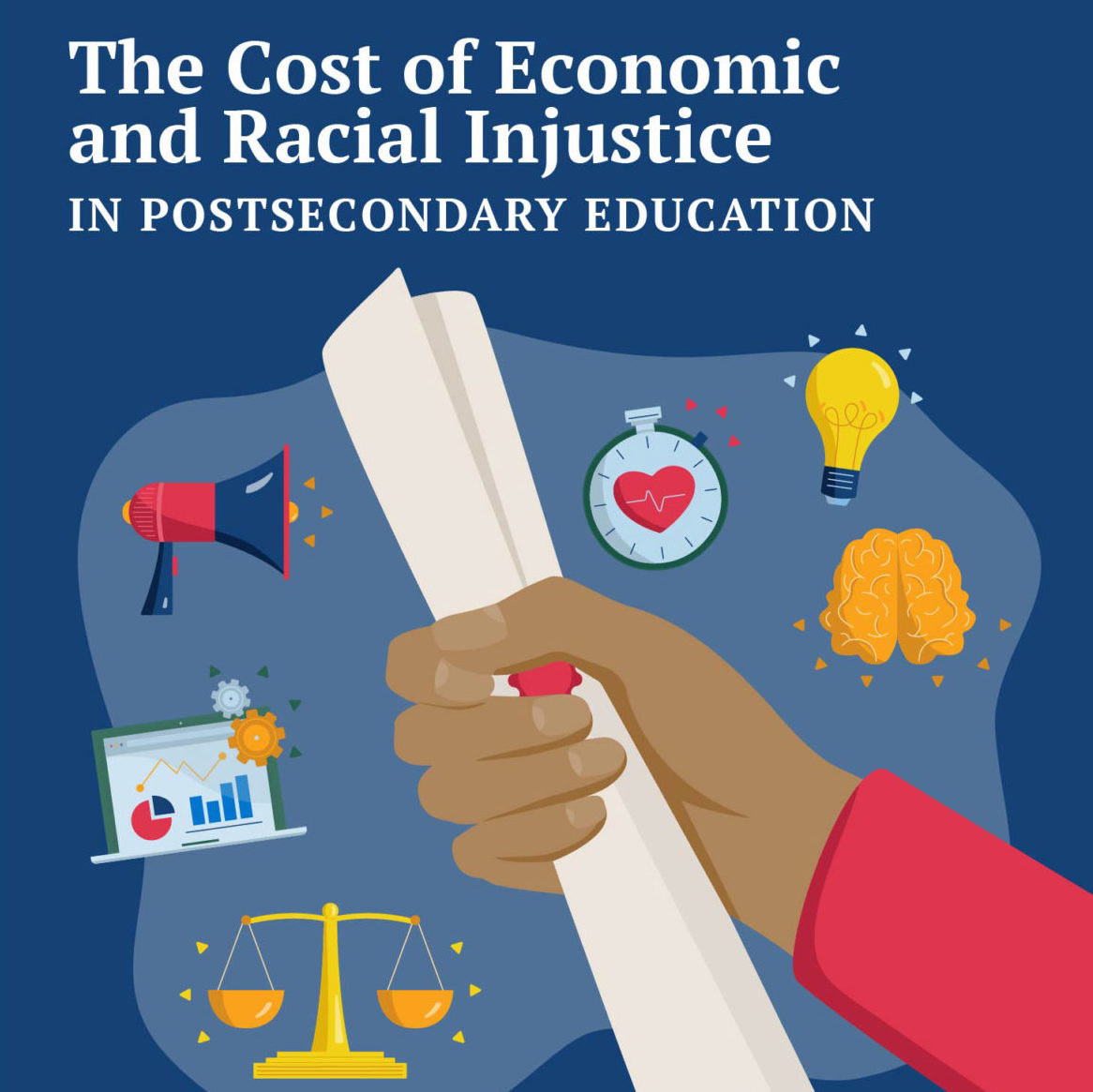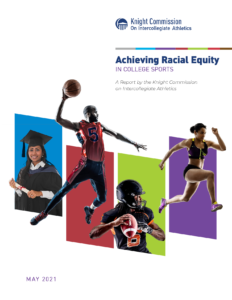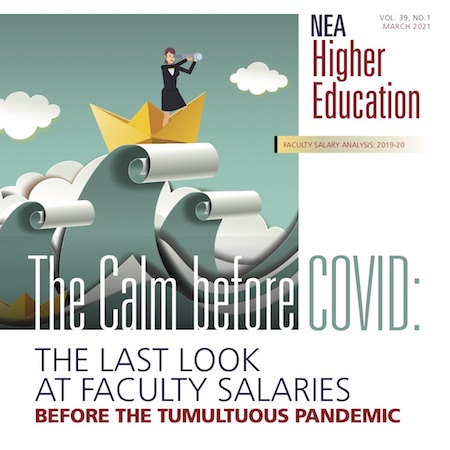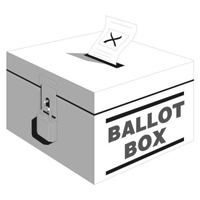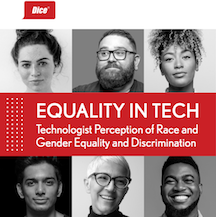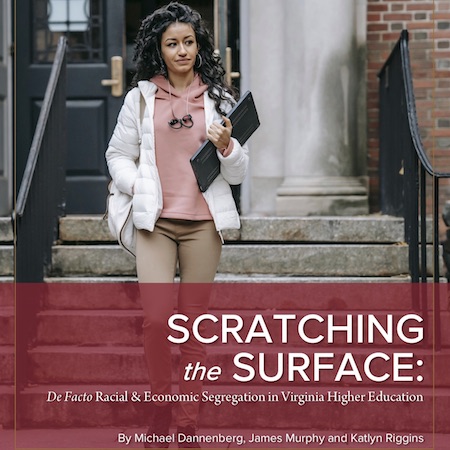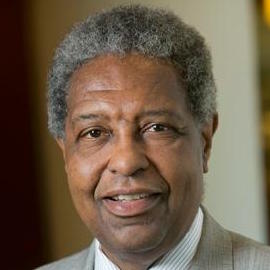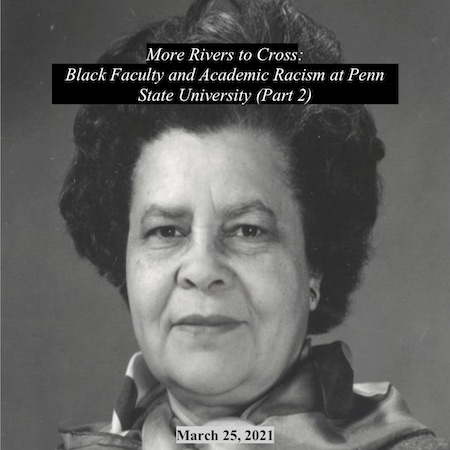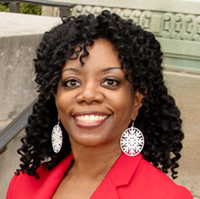Institute of Higher Education Policy Report Examines Barriers to Equity in College Admissions
the report looks into the impact of recruitment practices; demonstrated interest policies; early admissions deadlines; legacy admissions; use of standardized testing; use of criminal justice information; developing effective transfer policies; and need-based financial aid policies on equal access to higher education.
New Study Examines How to Eliminate the Racial Gap in Drowning
Drowning rates for Black people are disproportionately higher than that of White people across all age groups. Some 44 percent of Black parents self-report to have only beginner or no swimming abilities. Studies have shown that if a parent does not know how to swim, there is only a 13 percent chance that their child will learn how to swim.
African American College Graduates Have More Debt and Lower Wages Than White Peers
A new study by researchers at Student Loan Hero, a division of mortgage loan operator Lending Tree that helps students manage their debt, finds that Black students borrow 35 percent more on average in student loans than their non-Black peers, but Black millennial bachelor’s degree-holders earn 22 percent less than non-Black grads.
Higher Education Leads to Better Health, But Not So Much for Black Men
Studies show life expectancy is higher for educated Black men — those with a college degree or higher — compared with those who have not finished high school. But the increase is not as big as it is for Whites. The findings suggest that the power of discrimination to harm Black men’s lives may be more persistent than previously understood.
Racial Differences in Survey on Support of School Choice and Post-Pandemic Education
A new survey conducted by EdChoice finds continuing widespread support among African American families for school choice programs. And when a full explanation of school choice proposals is offered, support for such programs soars among parents of African American children.
African Americans Not Making Progress Into the Top Ranks of Academic Surgery Positions
Over the six-year study period, the share of surgery department chairs and full professorships held by White doctors decreased by 4 to 5 percentage points, but it was Asian faculty who filled the void, rising by 4 percentage points over the same timeframe. Male Black chairs actually lost ground during the study period.
Report Concludes That the Virginia Military Institute Is Run by White Men, for White...
An independent investigation commissioned by the State Council of Higher Education for Virginia found that VMI’s overall unwillingness to change — or even question its practices and traditions in a meaningful way — has sustained systems that disadvantage minority and female cadets and faculty.
The New Racial Digital Divide for College Students Is Related to Quality Internet Service
The racial digital divide appears in the quality of internet service. Some 57 percent of Black college students reported that they can access some course content, but it can be slow, unreliable, or difficult to do so. For White college students, only 24 percent said the same.
Report Presents a Plan to Get More Black Adults Back to College to Earn...
Community colleges can play an important role in helping tBlack adults get back to work through certificate and degree programs that lead to better jobs. But, the report's authors state that colleges need to pay attention to the specific needs of adult students of color as they design programs to boost workers’ skills for today’s labor market.
Highly Educated and Economically Successful Black Men Do Not Escape Racial Discrimination
The study, by scholars at UCLA and Charles R. Drew University of Medicine and Science in Los Angeles, found that Black men who reach a high socioeconomic status still face higher levels of discrimination compared to their White counterparts. This discrimination can also impact Black men’s physical and mental health, according to the study.
A Generational Gap in Religious Participation Among African Americans
A new report from the Barna Group, a California-based research organization, finds that African Americans as a whole remain more religious than other racial/ethnic groups in the United States, but younger Blacks are turning away from organized religion.
New Study Finds Huge Racial Disparities in COVID-19 Mortality Rates
Men are more likely to be infected by COVID-19 and have higher death rates. But that data obscures the fact that Black women are up to four times more likely to die of COVID-19 than White men and three times more likely to die from COVID-19 than Asian men.
Study Finds Blacks in Medical Schools Face an Onslaught of Microaggressions
Sixty-one percent of all respondents to a survey in a study led by scholars at Yale University experienced at least one microaggression a week. Students identifying as Black, Asian, multiracial, and female were the most likely to have experienced microaggressions at least weekly.
How Did Racial Segregation in the Armed Forces Impact Battlefield Mortality?
On July 26, 1948, President Harry S Truman issued Executive Order 9981 which abolished racial discrimination in the United States Armed Forces. But as was the case with schools several years later, desegregation moved at a snail's pace. During the first half of the Korean War, most units remained racially segregated.
The Economic Cost of Racial Inequality in Higher Education
The study conducted a simulation that found that the U.S. economy misses out on $956 billion dollars per year, along with numerous nonmonetary benefits, as a result of postsecondary attainment gaps by economic status and race/ethnicity.
Knight Commission’s Recommendations for Achieving Racial Equity in College Sports
Proposed reforms suggested by the Knight Commission include permanently eliminating standardized testing for athletic eligibility, boosting diversity in recruiting and hiring of leadership and creating more opportunities for Black student leadership and advocacy.
Babson College Scholars Examine Entrepreneurship by African American Women
The study, summarized by the authors in the Harvard Business Review, found that 17 percent of adult Black women in the United States are starting or running new businesses. This compared to 10 percent of White women and 15 percent of White men. But only 3 percent of Black women were running "mature businesses."
How the COVID-19 Pandemic Has Impacted Black Enrollments in Higher Education
A new report from the National Student Clearinghouse Research Center finds that Black undergraduate enrollments are down 8.8 percent from the spring 2020 semester. But African American enrollments in graduate programs are up 10.4 percent, more than double the increase for Whites.
Faculty at HBCUs Face a Large Pay Gap Compared to Their Peers at Predominently...
A new report from the National Education Association finds a large pay gap for faculty who teach at historically Black colleges and universities compared to their colleagues at predominantly White institutions. Faculty teaching at HBCUs earned $69,180, on average, compared to $87,384 for faculty at non-HBCUs.
The Racial Gap in Voter Participation Has Increased in the Last Two Presidential Elections
In 2012, when President Obama was locked in what was thought to be a very close election contest with Mitt Romney, the voting rate for African Americans was higher than the rate for Whites for the first time in American history. Since that time, the racial gap in voter participation has returned.
Study Finds a Large Racial Trust Gap on College Campuses Across the United States
A new study by Kevin Fosnacth, an associate research scientist at Indiana University, and Shannon M. Calderone an assistant professor of educational leadership at Washington State University, finds that Black college students put far less trust in university officials than their White peers.
The Percentage of All Doctors Who Are Black Men Has Made No Progress in...
In 1940, 2.8 percent of physicians in the United States were Black. Almost all were men. By 2018, 5.4 percent of U.S. physicians were Black — 2.6 percent were Black men. Thus, the percentage of all physicians who were Black men made no progress in nearly 80 years.
The Racial Gap In Gifted Education Programs Is Not Only About Access
Many studies have shown that Black students are far less likely than their White peers to be selected for gifted education programs. But a new study shows that even when Black students are admitted into these programs they are less likely to benefit from gifted education than White students.
Black Faculty Are Vastly Underrepresented at Southern Colleges and Universities
The Southern Regional Education Board has released new data that shows only 9.2 percent of full- and part-time faculty members are Black at public four-year institutions in the 16-state region. Nearly 18 percent of all undergraduate students at these educational institutions are African Americans.
Study Finds That Black Women Faculty Perceive Unfairness in Workloads and Recognition
The study found that women of color are more likely to be asked to do service, especially around diversity issues. And they perceive that their departments are less likely to credit their important work through departmental rewards systems than White men.
New Survey of IT Professionals Documents Perceptions of Racism in the High-Tech Sector
Dice, the leading database for technology professionals, managing over 9 million profiles in the United States, recently released a new survey that examines perceptions of racism and discrimination in the high-tech industry by employees who work in the field.
Diversity Efforts More Likely to Be Supported When They Are Seen to Benefit White...
A new study by scholars in the department of psychology at Princeton University in New Jersey finds that the rationale for greater diversity in higher education often reflects the views of Whites but not necessarily those of Blacks.
Pew Research Center Report Documents Racial Gap in STEM Degree Attainment and Employment
Black students earned 7 percent of STEM bachelor’s degrees as of 2018, the most recent year data is available. This is below their share of all bachelor’s degrees (10 percent) or their share of the adult population (12 percent). Black adults are also underrepresented among those earning advanced degrees in STEM.
Report Finds De Facto Racial Segregation in Virginia’s Public Universities
At the University of Virginia, just 13 percent of undergraduates identified as Black or Hispanic; that share is 60 percent lower than the state’s population ages 18 to 24. The College of William & Mary and Christopher Newport University are near large Black population centers but each of their student bodies is just 7 percent Black.
School Integration Was Not Always a Good Thing for Black Educational Attainment, Study Finds
A new study by economists at Washington and Lee University, the New School, and Duke University finds that Black adults who attended racially balanced high schools in the mid-20th century completed significantly less schooling than those who attended either predominantly Black or predominantly White schools.
African Americans Are Making Progress in Degree Attainments But the Racial Equity Gap Remains
A new study from the Center for American Progress finds that for the first time in American history, half of the young adults in the United States have earned a college degree. However, there hasn’t been a great deal of progress in closing the large and persistent racial equity gap.
Excess Deaths Due to the Pandemic Have Been the Highest in the African American...
More than a quarter of the excess deaths during the pandemic were not from the virus itself but the result of not seeking or finding adequate care in an emergency such as a heart attack, experiencing fatal complications from a chronic disease such as diabetes, or facing a behavioral health crisis that led to suicide or drug overdose.
Black Students in STEM and Health Graduate Programs Increase But a Large Racial Gap...
New data from the National Science Foundation show that in pre-pandemic America enrollments in graduate programs in science, engineering, and health fields at U.S. academic institutions were increasing. The increase in Black enrollments in these disciplines increased faster than the rate for enrollments as a whole.
New Report Exposes Widespread Academic Racism at Pennsylvania State University
The new report presents the results of a survey of Black professors at the main and satellite campuses of Penn State regarding their experiences with racism, on the institutional and interpersonal levels, perpetrated by students, colleagues, administrators as well as the academic culture in which they work.
UCLA Analysis Finds Another Racial Health Disparity During the COVID-19 Pandemic
The study found that during the pandemic, African Americans may have had worse access than Whites to outpatient care and thus were less likely to avoid hospitalizations for non-COVID-19–related conditions. This increased African Americans' risk of hospital-acquired infections, the researchers say.
Black Women Who “Hunker Down” in High Violence Areas Have Altered Genes in Immune...
The chronic stress of living in neighborhoods with high rates of violence and poverty alters gene activity in immune cells, according to a new study of low-income single Black mothers on the South Side of Chicago conducted by researchers at the University of Illinois Urbana-Champaign, the University of Kentucky and the University of California, Los Angeles.







